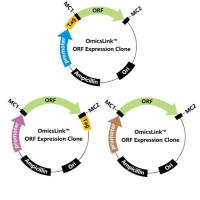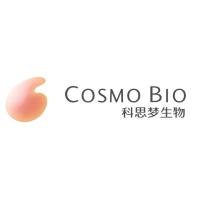Generation of Monoparental Embryos for Investigation into Genomic Imprinting
互联网
673
The seminal work of McGrath and Solter (1 ) and independently of Surani et al. (2 ) in 1984 established the fundamental principle of nuclear nonequivalency; that is, chromosomes of both paternal and maternal origin are required for development to term in mammals. This was achieved through the creation of diploid reconstituted zygotes, which contained either two maternal or two paternal pronuclei. Embryos containing pronuclei exclusively of maternal or paternal origin display characteristic developmental abnormalities and fail to develop to term. This failure is partially explained by the observation that paternally and maternally derived genomes have complementary roles during embryogenesis, contributing differentially to embryonic and extraembryonic lineages (2 –5 ). These reconstitutions were accomplished by nuclear transplantation and karyoplast fusion using HVJ or Sendai virus-assisted fusion (1 ). These experiments laid the foundation for the discovery and exploration of this unique form of non-Mendelian mammalian gene regulation whereby expression of genes and hence phenotype were dictated by the parent from whom they where inherited. This parent-of-origin phenomenon is known as genomic imprinting.









